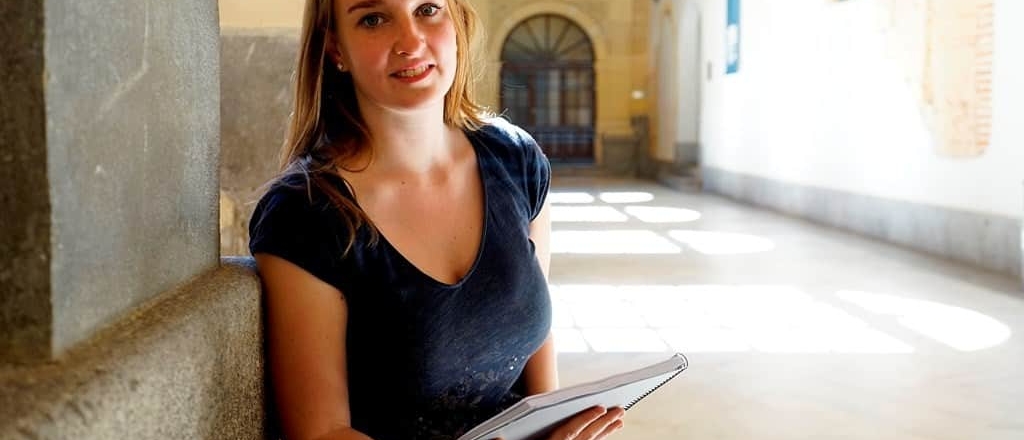- Home
- News And Events
- News
- Talent: A Pocketful Of Diamonds
Talent: a pocketful of diamonds

“There is something rarer than ability. It is the ability to recognize ability.” The saying, attributed to US writer Elbert Hubbard, highlights the importance of discovering the gifts people possess and allowing them to develop to their full potential. Companies today are increasingly spending a lot of energy on developing strategies to stimulate talent. A sizeable “talent pool” in your organization is vital: it’s like having a pocketful of diamonds.
IE University is a talent mine. Our approach is not just to provide students with a good academic education, but also to expand their creative capacity, to arouse their intellectual curiosity, stimulate their emotional intelligence, and to empower them to function fully in a constantly changing environment. Our quest is for students to take advantage of their university years with us to develop their talent to the maximum and then join the labor market with a clear competitive advantage.
German student Katharina Hamann fits this profile perfectly: she speaks several languages, is constantly travelling, loves learning about new cultures and making friends with people from other countries, and above all, facing new challenges every day. Furthermore, she is an excellent student: her end of course assignment won her the maximum grade of 10, along with Honors, while her average grade throughout her Psychology course was 9.6.
Katharina Hamann’s research project was an analysis of talent management in organizations, and specifically the way that IE University creates the conditions that allows students to develop their skills and areas of specialization to the full.
This is the first time that research on talent management has been carried out in a higher education institution. Based on interviews she carried out with teaching staff and students from every department, as well as more than 50 qualitative surveys, Katharina Hamann built up a picture of how the university has developed strategies to retain and boost talent.
Her work highlights the close contact between teachers and students at IE University, as well as the constant monitoring of students’ academic development, along with the school’s commitment to diversity, reflected by the multi-cultural environments of the Madrid and Segovia centers. One of the most important differentiators between IE University and other higher education institutions, says Katharina Hamann, is the emphasis on integrating students during their first year, through initiatives such as the Semana Cero (Zero Week) or the IExPEERience, “which create a strong feeling of identity with what is going to be their university.”
Her work has led her to argue that universities need to do more to hold on to and develop talent. For example, she suggests keeping classes at their present size so as not to lose that direct relationship between teacher and students. She also recommends that universities recognize student performance, as well as organizing more activities outside the classroom, while at the same time stimulating contact between students on different courses, and also involving students more in academic research projects.
She also advises universities to help students develop their social skills, for example by arranging activities to bring them together. “IE University is on the right path to attracting, developing, and retaining students with talent, and is in good shape to become a pioneering center in the management of university talent,” says Katharina Hamann. Her research concludes that universities that focus their efforts of managing internal talent will be more competitive, and she argues that organizations must support people who show extraordinary ability.
Only days away from her graduation ceremony, Katharina Hamann says she is proud to have studied at IE University. The next stage in her education will be to take a Master’s at Cambridge University focused on human resources. Her work on talent management is an excellent piece of research that will be used to help strengthen students’ talent.
“Katharina has always been keen to work in groups, and was her course’s delegate, a student ambassador for the university; she is a born leader,” says Neringa Kalpokaite, who supervised Ms Hamann’s end of course Project.
Katharina Hamann says she will miss Segovia, a city that she says has “the perfect conditions—a small and welcoming place—to become a world-class university city, and thus the perfect place to develop talent.”